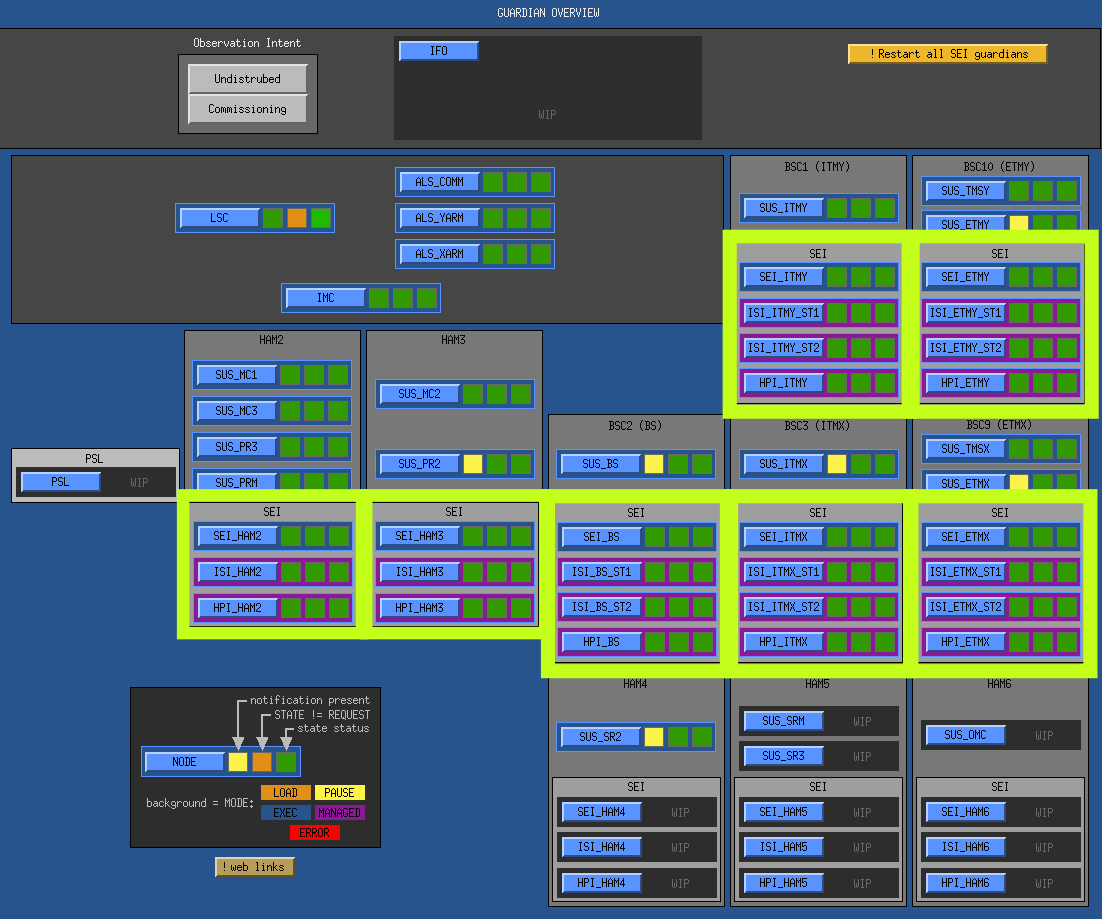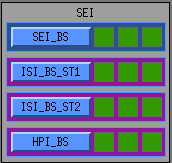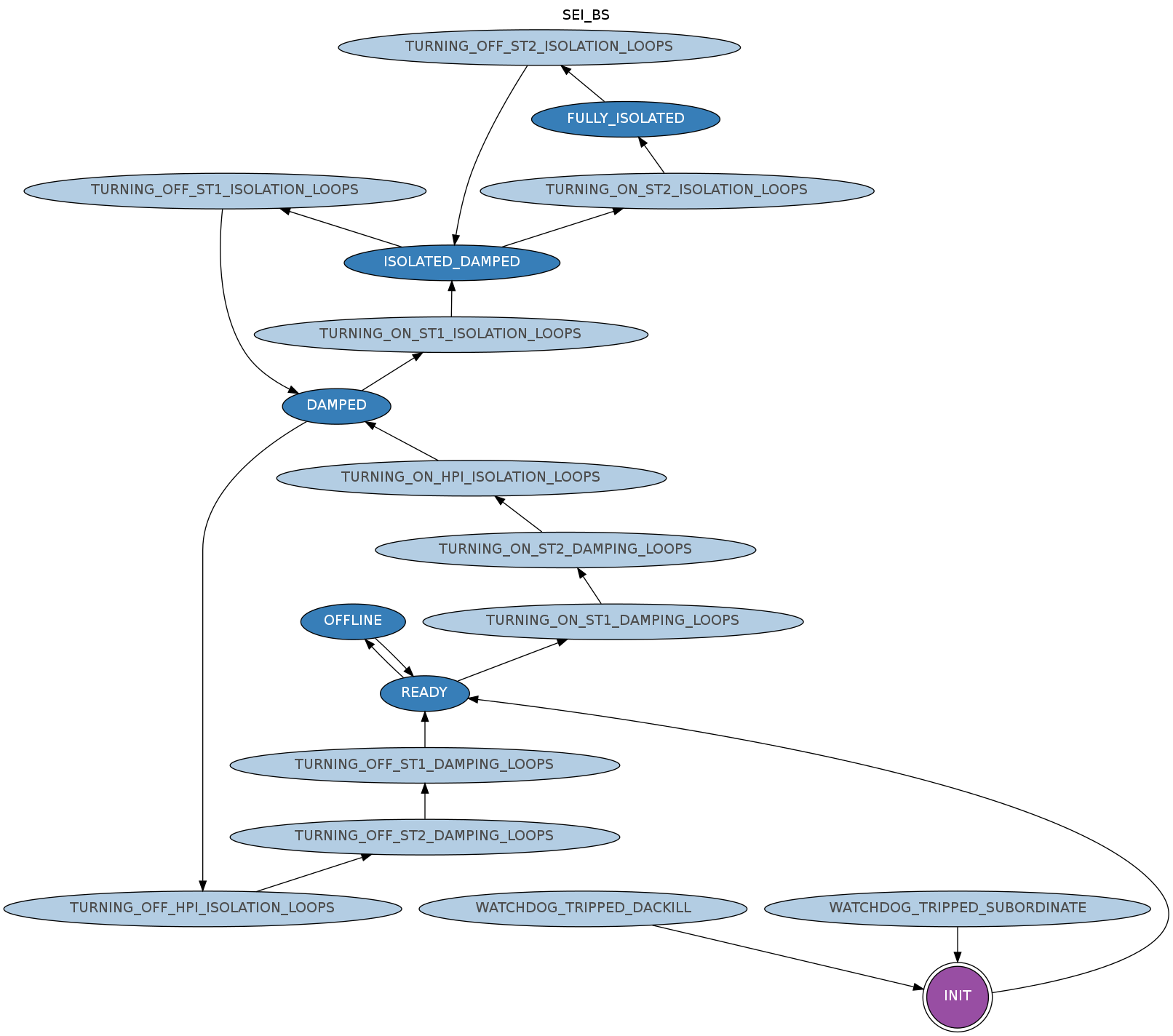DetChar line hunters emailed me with some results from their HIFO-X investigations. The line looked to me like lines I had seen before from an I/O box in the test stand (here). Figure 1 shows that, when I partially covered the fan intake of the I/O box that carried the channel, the line dropped in frequency, and returned after I uncovered it. The peak from the second fan, up around 80 Hz, also moved when I partially covered its intake. This confirms that these lines that they found in H1:ALS-X_ARM_IN1_DQ are from the cooling fans in the h1iscex I/O box. In the above reference I note that running similar fans off of a separate power supply reduced the lines that the fans produced in the I/O box channels by about a factor of 10. This suggests that the dominant coupling is through power supply ripple.
In addition, I tested for lines from the h1iscex I/O box switching power supply. These lines are produced by coupling of the large magnetic fields that the supplies generate, to cables and connectors in or near the I/O box (same link as above). The magnetic fields produced by the switchers include rapidly drifting lines from beats between high frequency oscillators and lines from the fans in the switcher. I partially blocked the switcher air intakes to move the fan peak frequency in order to confirm that the field I was seeing on a magnetometer that I had set near the switcher, came from the switchers. Figure 2 shows that there was coherence between channels in the I/O box and the magnetometer reading the switcher field, at the frequencies of the switcher fans. In this particular I/O box, the peaks produced by magnetic coupling of switcher fields were smaller than those produced by power supply ripple from the I/O box fans. The size of the peaks from the switcher depend, in part, on how close the cables pass to its location in the back of the I/O box (here) .
Robert Schofield, Nelson Christensen, Jialun Luo, Patrick Meyers, Michael Coughlin, Eric Thrane, Keith Riles
Here is Patricks report.









 The cookie cutters did their job and placed the suspension within spec for X, Y, and Z axis positions. The position errors are below:
The cookie cutters did their job and placed the suspension within spec for X, Y, and Z axis positions. The position errors are below:
